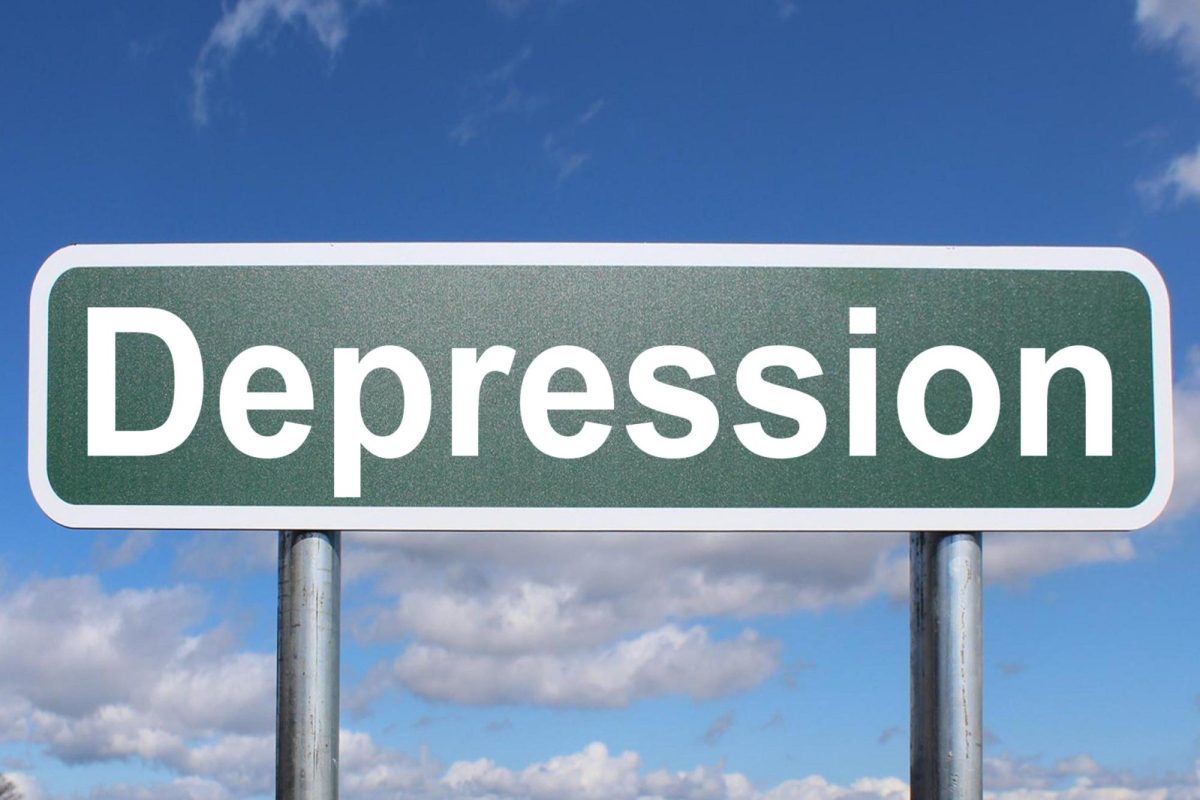Every year, 21 million American adults are diagnosed with depression, which amounts to about 8% of adults. Additionally, 3.7 million young people aged 12 to 17 are diagnosed with depression annually, representing about 15% of youth. These statistics highlight the significant impact of depression across different age groups and emphasize the different types, causes, signs, and coping strategies are crucial in addressing this widespread issue seriously.
Depression is a common yet serious mood disorder that can have severe effects on a person’s feelings, thoughts, and ability to manage daily activities like sleeping, eating, and working. It is displayed in various forms, including major depressive disorder, persistent depressive disorder, bipolar disorder, seasonal affective disorder, and postpartum depression. It often reduces the overall quality of life, though not always visibly. Some individuals show dramatic changes in behavior, while others suffer silently, maintaining their usual routines despite internal struggles. Depression can lead to being absent from work or school, social withdrawal, and changes in eating habits. Also, it can increase the risk of developing other mental health disorders and lead to serious consequences if not treated. Unfortunately, it’s a dangerous condition that can lead to job loss, financial problems, and even suicide.
Despite the challenges posed by depression that seem daunting, there are numerous resources available to provide support. A simple internet search yields a wealth of hotlines, therapists, and informational resources for managing depression. They can offer coping strategies to use to improve their mental well-being. Dialing 988 connects individuals to emotional support and immediate relief through conversation. Locally, in Prince Frederick, individuals can seek help from therapists at Therapy Café. These resources ensure that no one has to face depression alone.
In conclusion, depression is a complex and complicated condition that requires broad understanding and support for effective management. Ultimately, mental health is just as important as physical health and should be treated with equal seriousness. Depression affects many individuals within our communities, and seeking help is nothing to be ashamed of. It’s crucial to identify symptoms, reach out for support to implement coping strategies as there are ample resources available to assist those struggling with depression. It is essential to break the stigma surrounding depression and encourage open conversation for those in need.
Sources:






